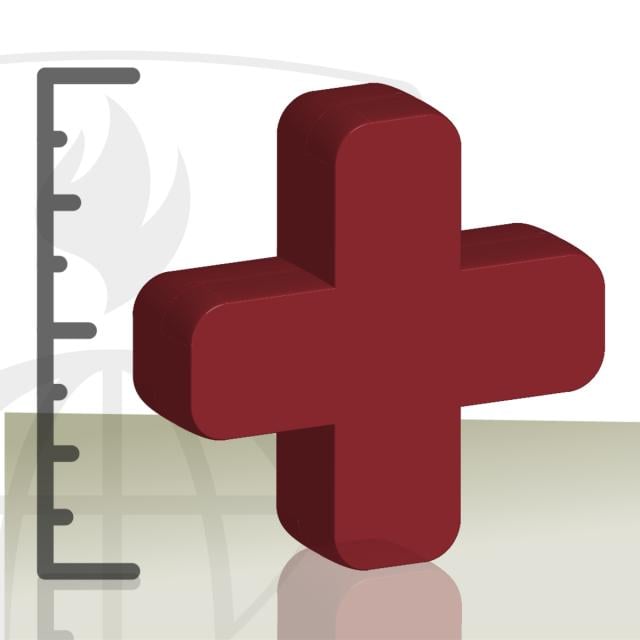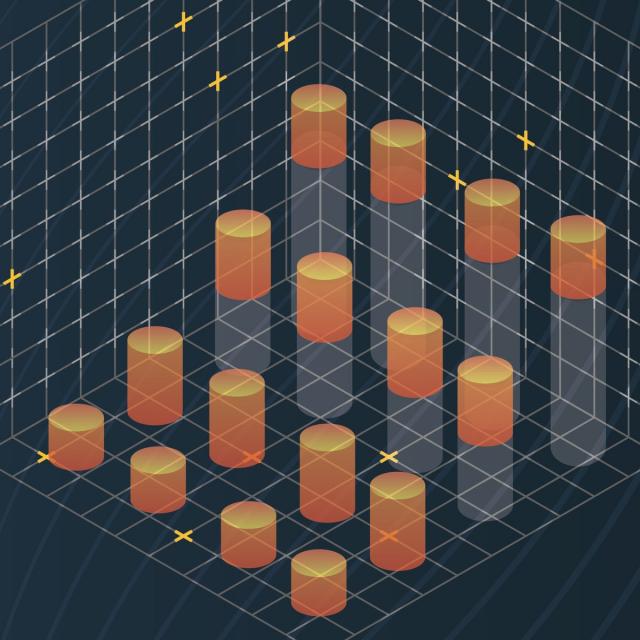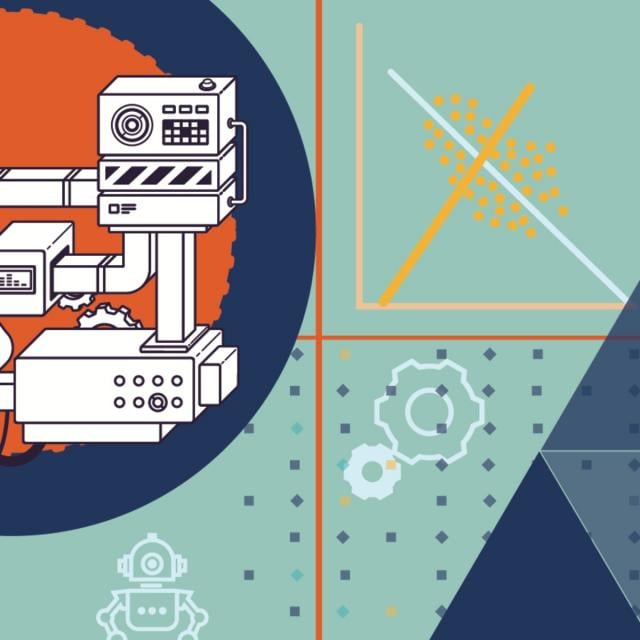Introduction to Statistics (Coursera)
Categories
Effort
Languages
Stanford's "Introduction to Statistics" teaches you statistical thinking concepts that are essential for learning from data and communicating insights. By the end of the course, you will be able to perform exploratory data analysis, understand key principles of sampling, and select appropriate tests of significance for multiple contexts. You [...]
Apr 22nd 2024










